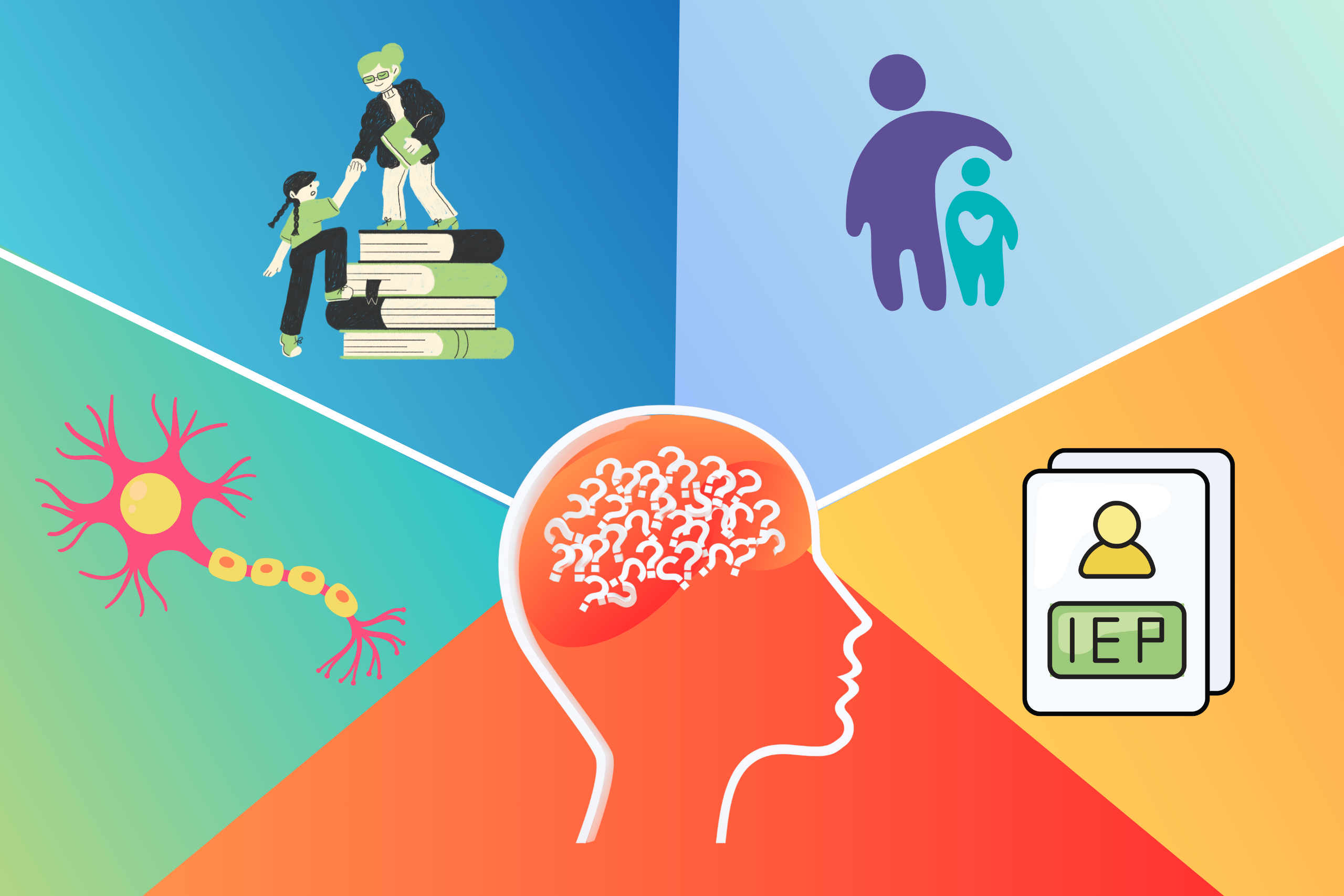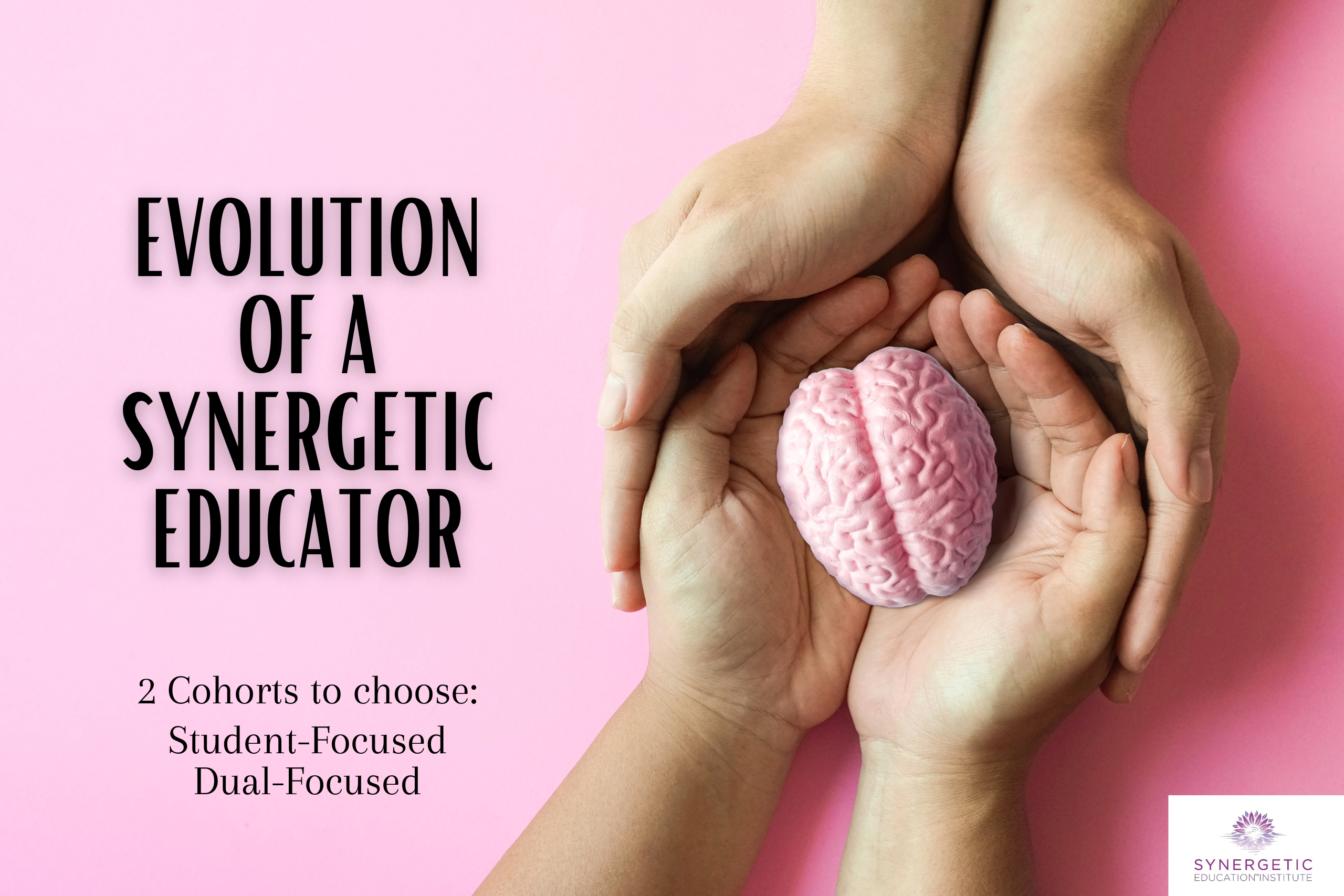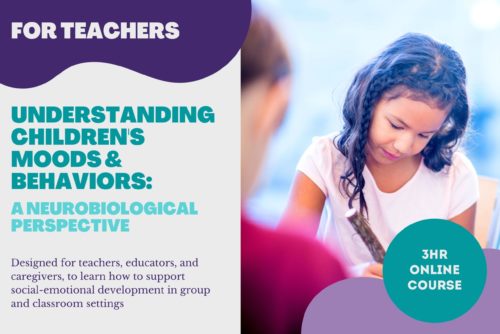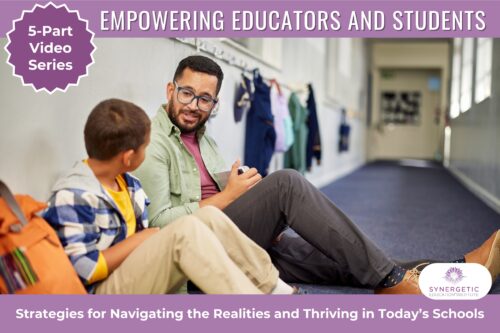Designed for Colorado educators, school-based mental health professionals and beyond. Join this self-paced 10-part video training program (15 contact hours) that meets the behavioral health relicensure requirement for all Colorado educators and equips professionals nationwide to champion student well-being and confidently navigate federal mandates.
Unlock the science, soul, and systemic wisdom behind today’s most vital educational shift. This dynamic series empowers educators, school leaders, school-based mental health, and support professionals to build trauma-informed, neurotype-responsive environments where every learner can thrive.
From the first foundational step, defining behavioral health within the educational landscape, to exploring the neurobiology of regulation, the architecture of safety and belonging, and the frameworks that bring empowerment-focused practices to life, this program delivers actionable insight with heart and precision.
Practical and visionary, this program bridges evidence-based neuroscience with policy, relational teaching, and legal clarity, without losing the emotional heartbeat of education. Whether you’re teaching in the classroom, designing learning spaces, supporting complex behaviors, or decoding acronyms like FAPE, MTSS, and IDEA, these modules meet you where you are and move you toward systemic coherence.
Key Features that Make this Training Unique
🔑 Meets Colorado Department of Education’s Behavioral Health Relicensure Requirements
🔑Self-paced and accessible from anywhere, anytime, you have plenty of time to complete it
🔑Research-backed with real-world classroom strategies
🔑Integrates neuroscience, trauma-informed practice, and legal clarity
🔑Designed by educators, for educators
This program gives you the tools to move from reaction to intention—and from burnout to real impact.
What You’ll Gain
✅ Practical brain-aligned strategies you can use tomorrow
✅ Scalable approaches to create regulated and resilient schools where all students and adults belong.
✅ Confidence navigating federal policy with compassion and clarity
Who Should Attend?
This program was designed for all teachers, school-based mental health professionals (counselors, social workers, and psychologists), educational leaders, and all student support staff such as paraprofessionals, behavioral specialists or social-emotional behavior support coaches.
💡 Join us, not to meet a standard, but to create a new one!



 Synergetic Education Institute has been approved by NBCC as an Approved Continuing Education Provider, ACEP No. 7907. Programs that do not qualify for NBCC credit are clearly identified. Synergetic Education Institute is solely responsible for all aspects of the programs.
Synergetic Education Institute has been approved by NBCC as an Approved Continuing Education Provider, ACEP No. 7907. Programs that do not qualify for NBCC credit are clearly identified. Synergetic Education Institute is solely responsible for all aspects of the programs.


